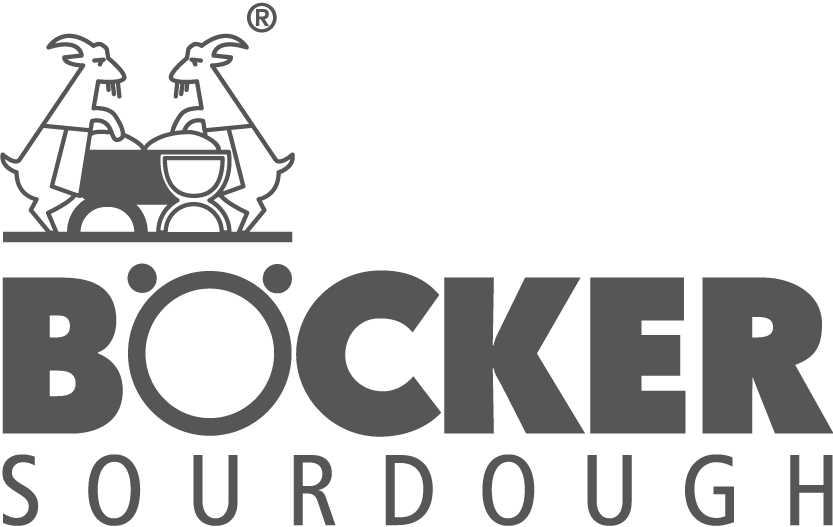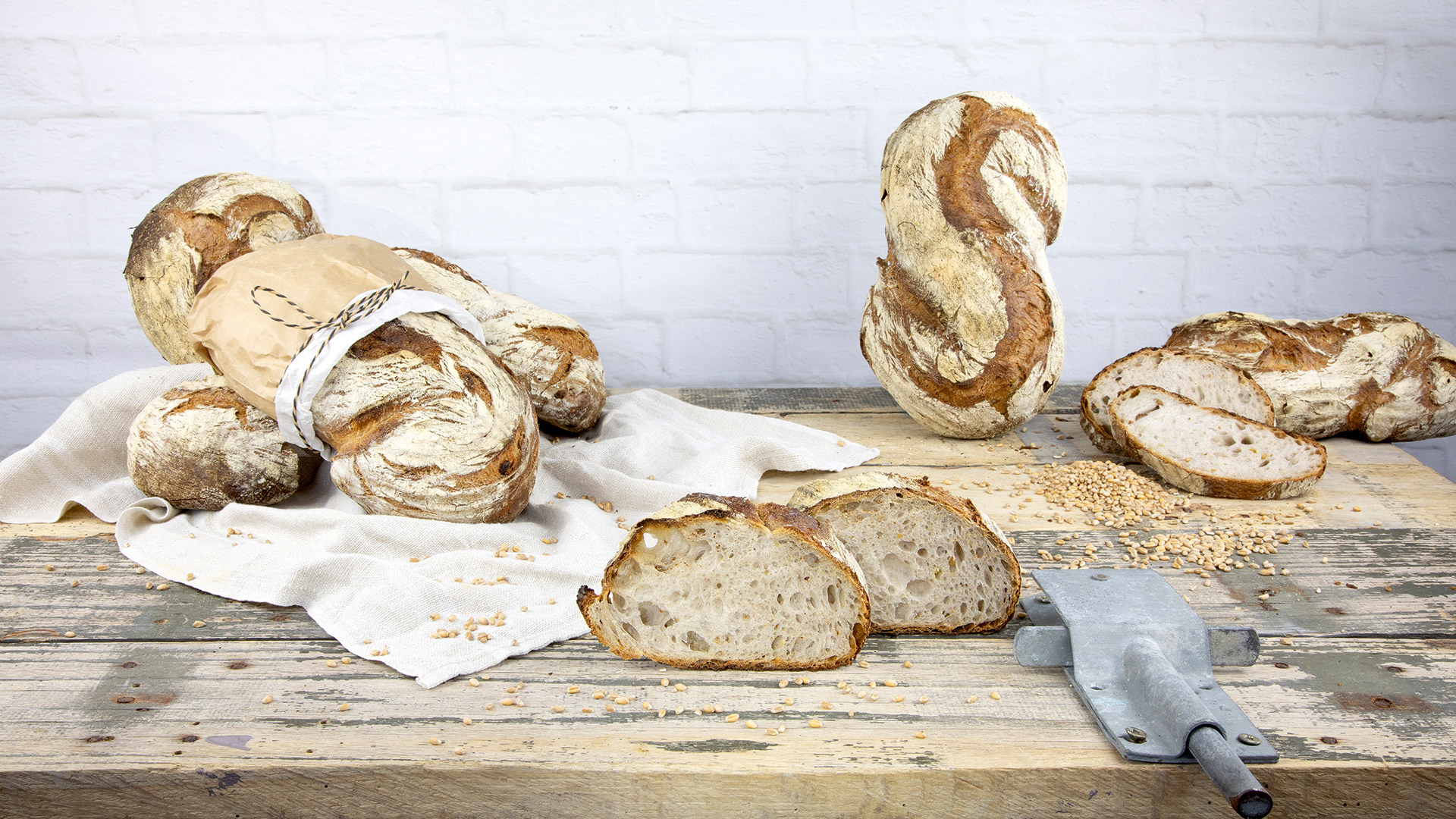Everything worth knowing about sourdough
It's true - sourdough is nothing new. Even though it's been around for thousands of years, it's more popular than ever. It makes baked goods tastier, fluffier and more digestible. That's why we thought we should celebrate sourdough. Since our company founder Ernst Böcker was the first to launch a commercial sourdough starter in 1910, we thought October 19th (19.10.) was the perfect day to do it. We're calling attention to what makes sourdough special for making bread and baked goods, and we’re looking at its many uses in baking. After all, sourdough plays a very important role in making us the biggest bread nation in the world!
What is sourdough?
Sourdough is a natural baking ingredient for producing breads and rolls, and it can also enhance sweet baked goods. Sourdough is produced by the process of fermentation, during which millions of microorganisms - mainly lactic acid bacteria and natural sourdough yeasts - ensure that lactic and acetic acid is formed. The necessary lactic acid bacteria and yeasts can be obtained, for example, from one of our sourdough starters which are ideal as starter material for a new sourdough or which can also be added directly to the dough, thus eliminating the need for a long fermenting process.
Among other things, these acids bring the typical sourdough flavor to baked goods. There is a wide range of sourdough flavors, from mild to strong, and sourdough can be produced from a wide variety of grains; the best known is rye sourdough, which helps rye baked goods retain their special texture and enhances their bakeability.
What are the benefits of sourdough?
There are a lot of benefits of sourdough that we can all appreciate when we bite into a loaf of bread that has been made with sourdough. Sourdough not only improves the baking process and ensures a lovely loose crumb, it also brings a fullness of aroma and flavor to baked goods. Very important is the improved shelf life of breads, rolls and other baked goods that contain sourdough. The natural acid in sourdough protects against mold growth and the so-called threading. Baked goods can thus be stored and retain their freshness for longer. Fermented foods also score highly in terms of nutritional physiology.
How many types of sourdough are there?
Sourdough comes in many different varieties depending on the type of grain used, and also on the strength and the leavening performance. For example, a strong wheat sourdough, also called "levain" in France, is used for croissants and a soft spelt sourdough is used for a light spelt loaf. Here are some examples from our range of sourdough starters.
Did you know? Sourdough and rye
Rye flour only becomes bakeable with sourdough. Without acid, rye flour cannot build up a stable gluten structure due to the mucilage it contains and cannot be baked into a bread or roll. However, sourdough assists in this process. For example, the BÖCKER Reinzucht-Sauerteig (BÖCKER „pure cultured sourdough“ based on rye), is ideal for the production of breads and delicious cookies.
Yeast or sourdough? – a small but fine difference
A classic baker's yeast is suitable for wheat- or spelt pastries. Since the leavening power of pure baker's yeast is not sufficient for rye, sourdough cultures consisting of lactic acid bacteria and yeasts are required. These feed on grain sugar, convert it into carbon dioxide and in this way raise the dough. The kneading process repeatedly works air into the dough, thus promoting oxygenation. In combination with carbohydrates, water and the right temperatures, the sourdough cultures then multiply after a few hours.
Where did sourdough originate?
It is believed that for many thousands of years only flat bread was made until a piece of dough was accidentally left out and fermentation began. This was the beginning of bread with a loosened crumb. This fermentation technique was later further cultivated in wine and beer making.
There should be something fermented in every dough!
Sourdough plays the leading role for us. With over 160 sourdough products, we can offer a full range of possibilities in terms of variety and applications.
Our gluten-free and vegan B:PURE baked goods are also produced with gluten-free sourdough. Naturally, our sourdough is also found in our line of practical consumer products from BÖCKER Cares For You, such as the Bake & Relax organic bread baking mix, with which the most delicious bread can be made quickly and reliably. The baking mix also combines very important properties, being gluten-free, organic, vegan, naturally low in ATI (amylase trypsin inhibitors) and without the addition of wheat.
Noch mehr Infos zum Thema Sauerteig finden Sie in unserem Sauerteig-Lexikon.
Dort gibt es alles Wichtige einfach erklärt – von A wie Anstellgut bis W wie Wirken.
Do you have any further questions about sourdough and more? Then on contact us via our Contact Form.



